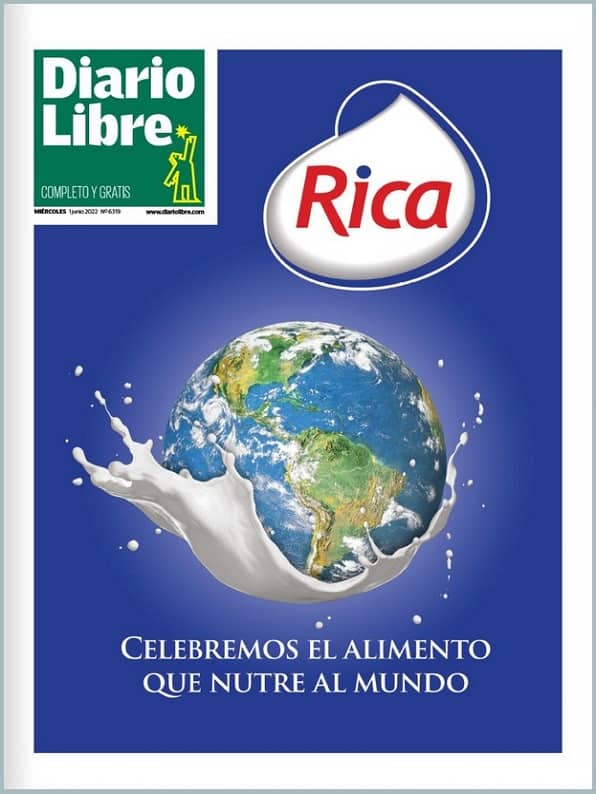Search continues for immigration solution for the illegal sugarcane workers in DR
Authorities will give work and student visas to 57,000 foreigners
SD. Over the next 15 days, Dominican authorities will present an immigration solution to be applied to the sugarcane workers both pensioned and non-pensioned, who reside illegally in the country.
The revelation was made by the Minister of Interior and Police, José Ramon Fadul, who explained that they are trying to expand to the maximum the National Plan of Normalization.
He indicated that in the case of the sugarcane workers, many of whom receive a pension from the State, and "therefore we have to find some mechanism in order to normalize their situation."
"Between this week in the next we are going to present a solution within the immigration framework, because if the state is giving them a pension, how can we say that they don't not exist in the country. We are going to normalize their situation, and enable them to achieve in a prudent time the completion of their documentation, thus giving them identities," he noted.
In his judgment, it is not fair that these persons are pensioned by the State, collect a salary and continue to be illegal without any sort of documents. "This effort would be for the pensioners and those who are not pensioned; it is to find for them the same mechanism because everyone knows that this is a reality which exists in the country. We cannot forget this reality and begin to implement measures of sending these persons to their country," he emphasized. Likewise, Fadul said that as of Tuesday some 186,741 persons had registered in the National Plan of Normalization. The authorities have taken the biometric information of these persons. Of this number some 57,000 who possess their passports will automatically be given a non-resident visa valid for two years, which can be either for work or for study.
"We will place some stickers in the passports, which will be provided for us by the International Organization of Migrations," he noted on the program El Despertador, transmitted by Color Vision. He said that they are looking for what kind of a solution they can give those who have a cédula and the birth certificate, and who do not fulfill the conditions for normalization.
The revelation was made by the Minister of Interior and Police, José Ramon Fadul, who explained that they are trying to expand to the maximum the National Plan of Normalization.
He indicated that in the case of the sugarcane workers, many of whom receive a pension from the State, and "therefore we have to find some mechanism in order to normalize their situation."
"Between this week in the next we are going to present a solution within the immigration framework, because if the state is giving them a pension, how can we say that they don't not exist in the country. We are going to normalize their situation, and enable them to achieve in a prudent time the completion of their documentation, thus giving them identities," he noted.
In his judgment, it is not fair that these persons are pensioned by the State, collect a salary and continue to be illegal without any sort of documents. "This effort would be for the pensioners and those who are not pensioned; it is to find for them the same mechanism because everyone knows that this is a reality which exists in the country. We cannot forget this reality and begin to implement measures of sending these persons to their country," he emphasized. Likewise, Fadul said that as of Tuesday some 186,741 persons had registered in the National Plan of Normalization. The authorities have taken the biometric information of these persons. Of this number some 57,000 who possess their passports will automatically be given a non-resident visa valid for two years, which can be either for work or for study.
"We will place some stickers in the passports, which will be provided for us by the International Organization of Migrations," he noted on the program El Despertador, transmitted by Color Vision. He said that they are looking for what kind of a solution they can give those who have a cédula and the birth certificate, and who do not fulfill the conditions for normalization.


 Diario Libre
Diario Libre Diario Libre
Diario Libre